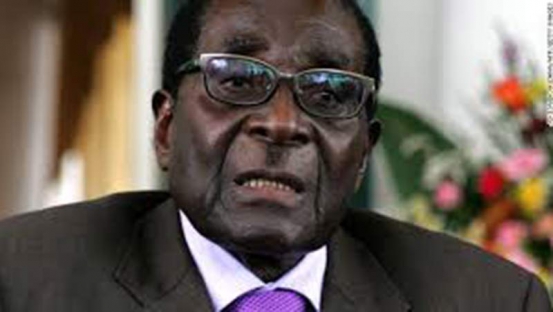×
The Standard e-Paper
Home To Bold Columnists

Many consider ousted Zimbabwean President Robert Mugabe as a man who is loved and hated in equal measure,
When the news about Zimbabwean Defence Forces taking control over the country spell in social media on November 14, many rubbished it as a joke.